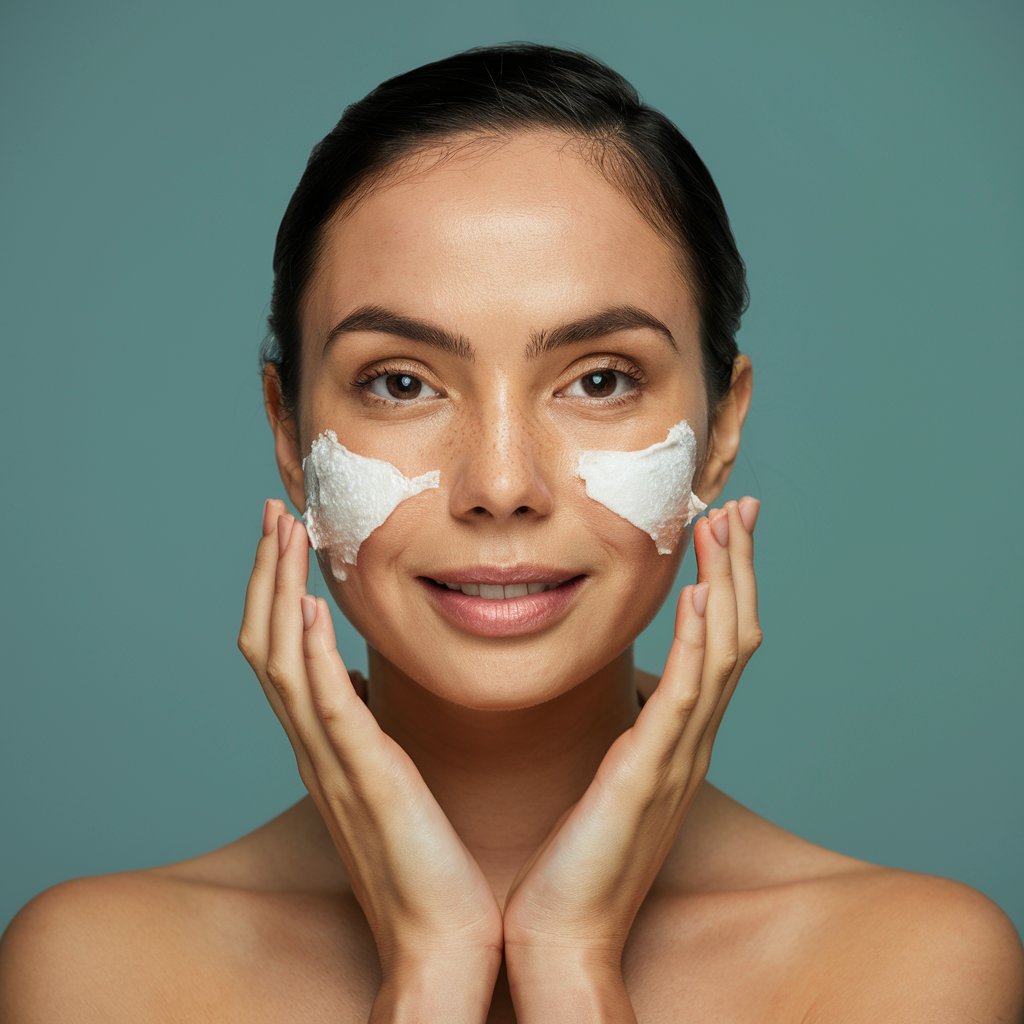
Skin Cancer and Sunscreen affects millions of individuals annually and is a major global problem. Using sunscreen frequently is one of the best strategies to shield yourself against this dangerous condition. Sunscreen is essential for lowering your chance of developing skin cancer in addition to protecting your skin from damaging UV rays.
Understanding Skin Cancer and Sunscreen
The abnormal proliferation of skin cells that results from exposure to ultraviolet (UV) radiation from the sun is known as skin cancer. UV radiation can cause DNA damage to skin cells, which can result in mutations that speed up cell division and contribute to the formation of cancerous tumors. Melanoma is the most dangerous type of skin cancer, although there are other varieties as well, such as squamous cell carcinoma, basal cell carcinoma, and melanoma.
The Importance of Skin Cancer and Sunscreen Cancer Prevention
Sunscreen’s Critical Role in Preventing Skin Cancer
Sunscreen blocks the penetration of UV radiation, acting as a shield to keep your skin safe from damage. Frequent application of sunscreen creates a shield against UV-induced skin damage, including sunburns and skin cancer. Dermatologists recommend using sunscreen with an SPF of at least thirty to provide adequate protection against UVB rays. https://buzzball.us/stock-market-in-us-july-2024/
Chemical and physical (mineral) sunscreens are the two primary categories of sunscreen. Physical sunscreens reflect and scatter UV rays before they reach the skin, while chemical sunscreens absorb UV energy and turn it into heat. Mineral sunscreens, which include chemicals like zinc oxide or titanium dioxide, may be preferred by people with sensitive skin despite the fact that both varieties are efficient in preventing UV damage.
Applying Sunscreen Correctly
To maximize the effectiveness of sunscreen in preventing skin cancer, it’s essential to apply it correctly. Start by choosing a broad-spectrum sunscreen that protects against both UVA and UVB rays. Apply sunscreen generously to all exposed skin areas at least 15 minutes before going outside, and reapply every two hours or immediately after swimming or sweating.
Sunscreen Myths and Facts
There are a few misconceptions regarding sunscreen’s ability to prevent skin cancer, despite its significance. The idea that darker skin tones don’t require sunscreen is one that is frequently held incorrect. All people, regardless of skin tone, should wear sunscreen every day since they are vulnerable to UV harm. There is also a fallacy that sunscreen inhibits the absorption of vitamin D. Although the generation of vitamin D is decreased by sunscreen, it is still important to get this essential via food and supplements.
Choosing the Right Sunscreen for Your Skin Type
When selecting sunscreen, consider your skin type and specific needs. If you have oily or acne-prone skin, opt for oil-free or non-comedogenic formulas that won’t clog pores. For sensitive skin, choose fragrance-free and hypoallergenic sunscreens to minimize the risk of irritation. Water-resistant sunscreens are ideal for outdoor activities or swimming, providing longer-lasting protection against UV rays.
Incorporating Sunscreen into Your Daily Routine
Including sunscreen in your regular skincare regimen is crucial for preserving skin health and lowering your chance of developing skin cancer. As the last step in your skincare routine, apply sunscreen every morning, even on overcast days or in the winter when UV rays are still present. Since these areas are most susceptible to sun damage, keep in mind to cover delicate parts like your hands, neck, ears, and face.Ents.
Conclusion
In conclusion, sunscreen is a vital weapon in the fight against skin cancer because it blocks harmful UV rays and reduces the likelihood of UV-induced skin damage. By incorporating sunscreen into your daily routine and applying it correctly, you can safeguard the health of your skin and participate in outdoor activities safely. Never forget that the best protection against skin cancer is prevention; the first line of defense against this potentially fatal condition is the use of sunscreen.
The best screenscreen to use are https://www.cnet.com/health/personal-care/best-sunscreen-for-face/





2 Comments